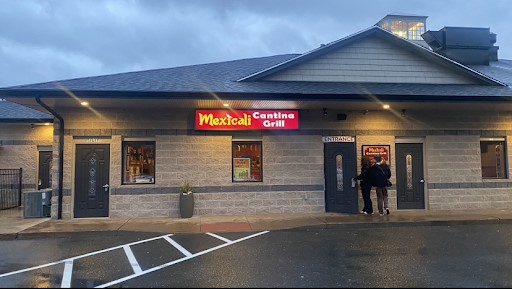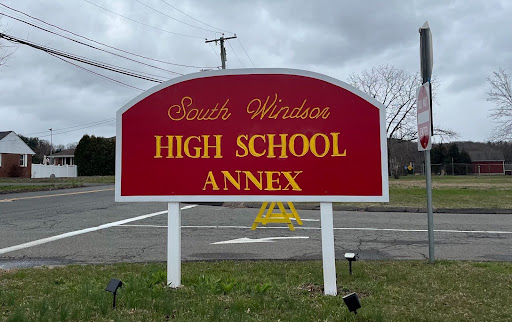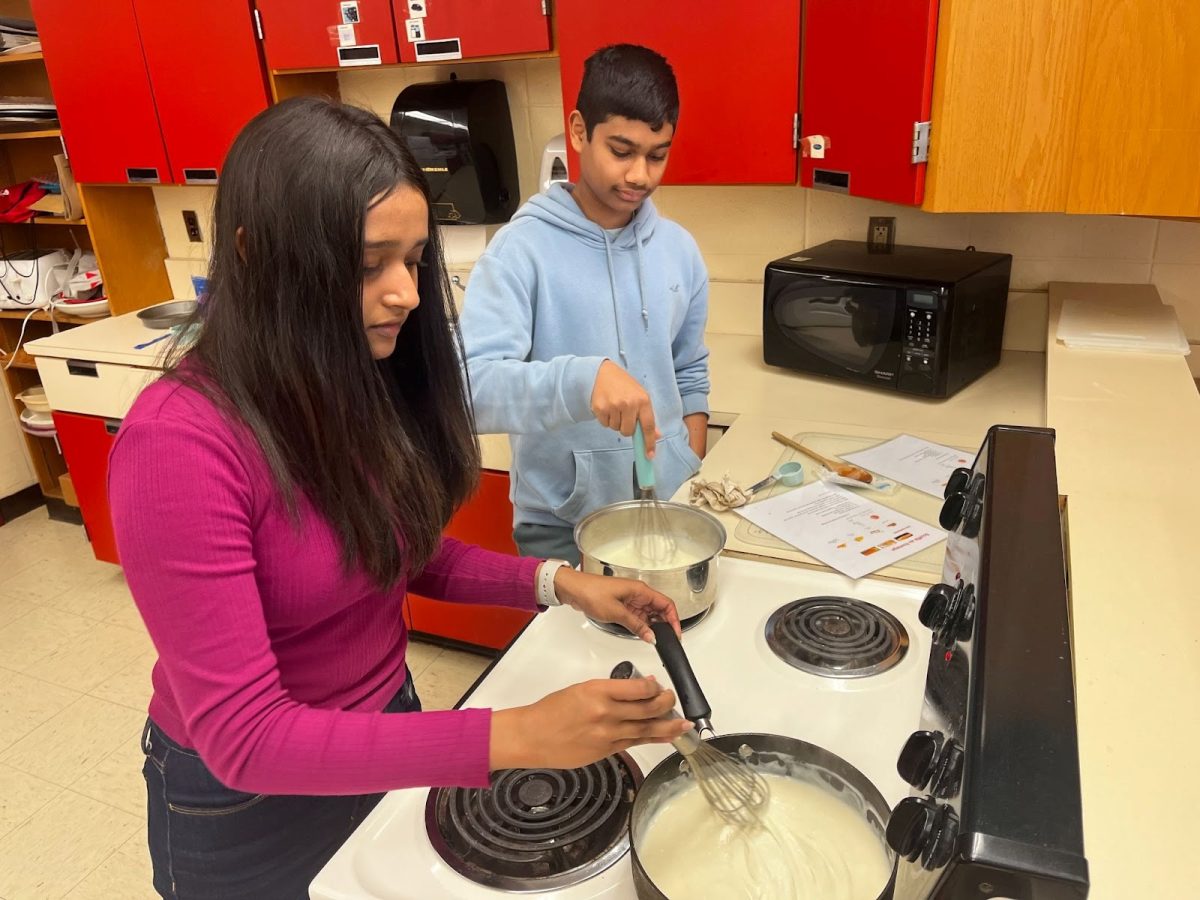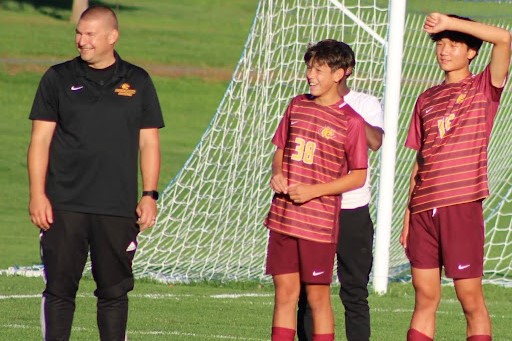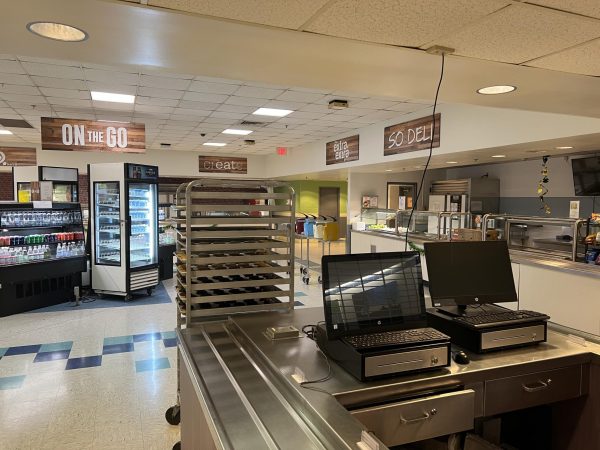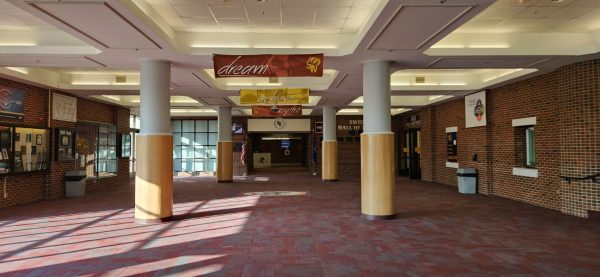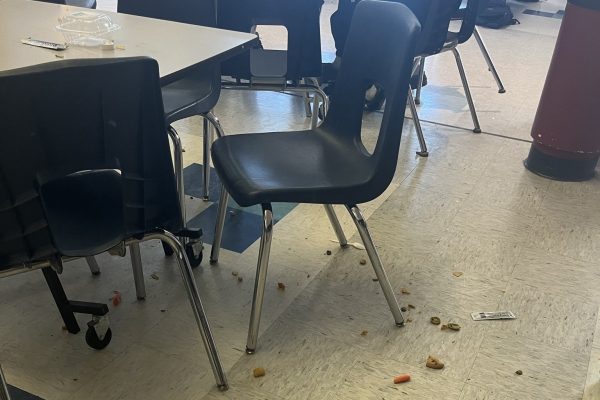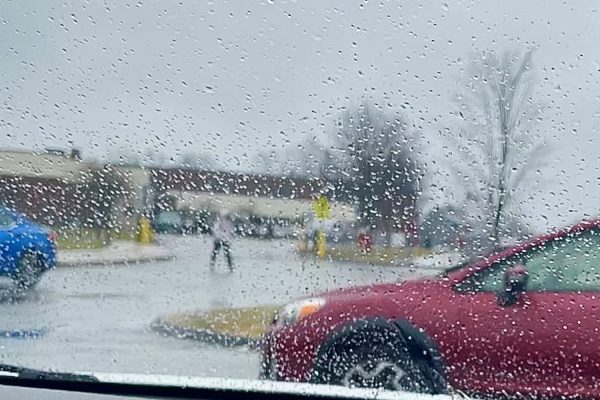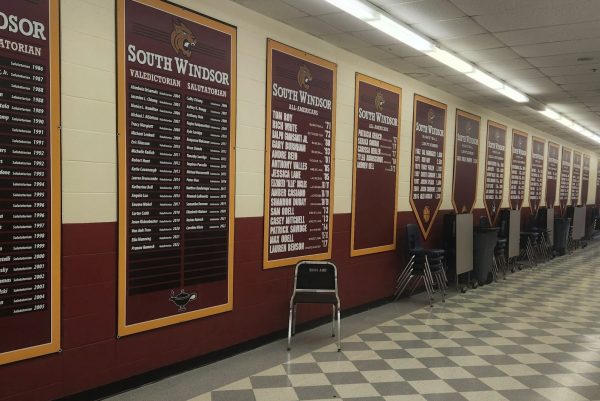Traditional Education Trumps
April 27, 2023
Many high schools have been taking the approach of letting students choose classes based on their career choice. Although many students and teachers believe this method would be helpful to students, much background knowledge seems to be left out of this equation that students probably should know.
First of all, in an alternative high school, there would not be as much learning in core-content subjects, such as history, math, science, etc. Even if a student wants to go into a culinary profession, for example, many things in content-area subjects are important for students to know, even if that is unrelated to your future profession. Knowing American history, basic math, and basic science could be important to know in future circumstances. Not knowing how to do these things would probably not affect an everyday life, but if the student chooses to attend college after high school, it is mandatory to take at least a few math classes and other basic subjects. It is proven that students at alternative high schools typically do not have better academic outcomes as opposed to a traditional high school.
Another reason why alternative high schools are not practical is because a career and technical education high school is very similar to what college classes would look like. Although one may argue that students who go to alternative high schools would be able to get a job right after high school, that is not the case with many majors and professions. A lot of jobs look for a college degree or even require a college degree. So if the student is planning on going to college, why have them repeat the same learning twice? The student should be spending their four years in high school learning basic knowledge. Even though what students at regular high schools learn is not usually used in their everyday life or even ever again, it is always good to have knowledge in subjects such as math, history, etc., just in case they do come into play in life at some point.
If you are debating about whether or not to attend a technical, career oriented high school, you may want to think again. Career-based high schools have been on the decline since 1990. Every year, the percentage of students who attend technical high schools drop. The reasons are not definitive, and those could be varied, but many technical schools in Connecticut have lost over half of their population.
“Not just in career based high schools, but in normal high schools, many teachers are starting to leave their jobs because of bad pay, and also student behaviors getting increasingly worse,” said senior Alexa Parada when asked her opinion on technical high schools. This is true, many teachers are leaving their teaching jobs at schools to try to find something with better pay.
Overall, personally I think that career based high schools are not practical. Yes, these high schools do let students work towards their future career at an earlier age, but, the students are missing out on a lot of basic knowledge that they would have to probably continue taking classes in in college, at least during freshman year. Though much of what you learn in a normal high school will never be used again, some of it is useful to know, such as biology or math.







